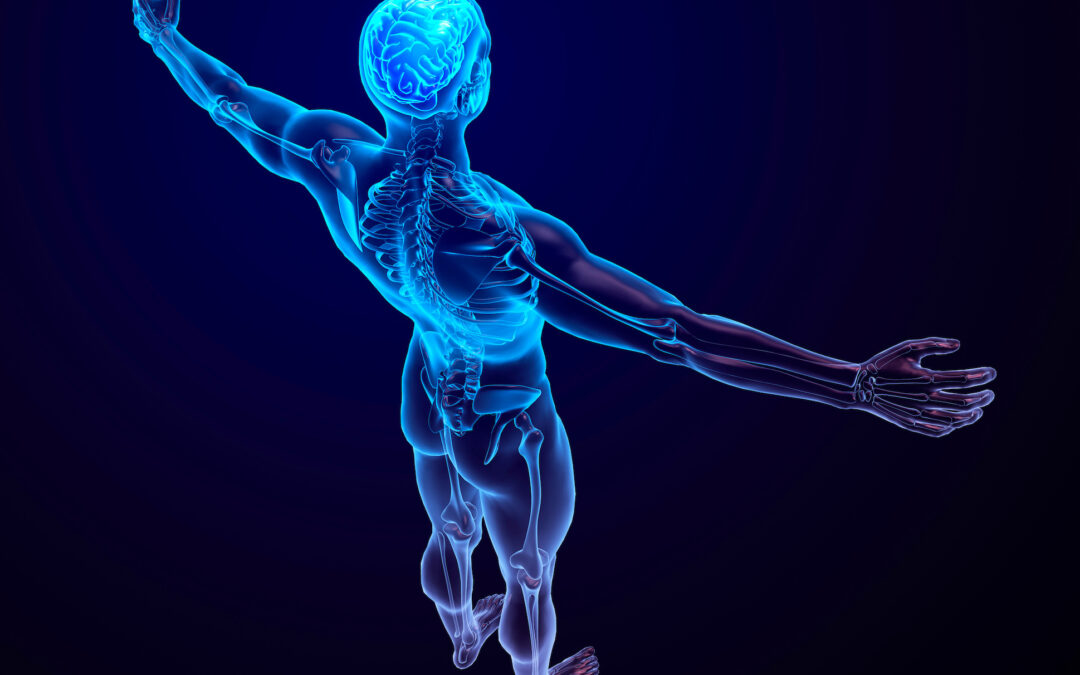I routinely teach courses and workshops on various aspects of equipment-asset management, reliability engineering, and precision and proactive maintenance. During those sessions, I frequently refer metaphorically to parts of the human body and what causes it to be healthy, or not.
Much like equipment assets, there’s no single element that makes for a healthy human: One must take a system approach. Here, I’m connecting that same type of analogy to the key players in our quest for reliable plants.
Reliability Engineers: The Brain of Asset Management. The human brain integrates sensory information, experiences, knowledge, and learnings to guide the body to preserve, restore, or enhance its existence. In the plant, the reliability engineer plays a similar role. Leveraging tools such as failure modes and effects analysis (FMEA), reliability engineers determine when and how to redesign equipment, deploy duty-standby or shared-load redundancy, apply proactive and precision equipment care, and implement other strategies and tactics to reduce operational, safety, and environmental risks to the organization. However, like the human body, analysis must be put into action to deliver value.
Maintenance Planners: The Liver of Asset Management. In the human body, the liver converts food and drink into the nutrients necessary for survival and detoxifies unhealthy inputs, such as alcohol. In the plant, the planner serves a similar function. He or she absorbs inputs from inspections and monitoring, control-room data, and time-based maintenance schedules, and works with operations, maintenance, and reliability engineering to develop weekly maintenance plans and/or shutdown events. Risk-based plans must be converted into the “nutrients” required for equipment reliability, including clear work instructions, bills of materials (BOMs), etc. that are necessary to execute high-quality maintenance.
Maintenance Supervisors: The Heart of Asset Management. The human heart serves the rest of the body by delivering oxygen and nutrients that are necessary for survival, good health, growth, and vitality. Maintenance supervisors play a similar role in your plant. Supervisors are critical as gatekeepers to ensure work that is most important to reliability gets done, and that it’s done correctly. Just as a healthy heart is essential to human health, maintenance supervisors are essential to the health and reliability of your plant.
Maintenance Trades & Technicians: The Hands of Asset Management. Managing human health requires action. It’s not enough to think about and plan to eat appropriate amounts of healthy food, get sufficient exercise, and seek medical advice and intervention when required. You have to execute. Similarly, world-class reliability engineering, planning, and supervision won’t deliver plant reliability if tradespeople aren’t adequately educated, trained, and motivated to deliver how and where it counts most: with precision, at the equipment and on the plant floor.
Maintenance & Reliability Leaders: The Soul of Asset Management. More abstract than other parts of the body, the soul represents one’s dreams, goals, value systems, and principles. If guided by a steady set of values and principles that are applied to achieve worthy dreams and goals, one can look back on his or her life with a sense of peace and self-actualization. However, a mercurial soul can lead us in the direction of short-term gains that can be destructive and, accordingly, compromise long-term achievement and success. Similarly, maintenance and reliability leaders represent the soul of equipment asset management. When managed with a clear vision and a steady hand, the assets deliver on the organization’s production, profits, safety, and environmental goals.TRR
ABOUT THE AUTHOR
Drew Troyer has 30 years of experience in the RAM arena. Currently a Principal with T.A. Cook Consultants, he was a Co-founder and former CEO of Noria Corporation. A trusted advisor to a global blue chip client base, this industry veteran has authored or co-authored more than 250 books, chapters, course books, articles, and technical papers and is popular keynote and technical speaker at conferences around the world. Drew is a Certified Reliability Engineer (CRE), Certified Maintenance & Reliability Professional (CMRP), holds B.S. and M.B.A. degrees, and is Master’s degree candidate in Environmental Sustainability at Harvard University. Contact him directly at 512-800-6031 or dtroyer@theramreview.com.
Tags: reliability, availability, maintenance, RAM, planning and scheduling, maintenance management



